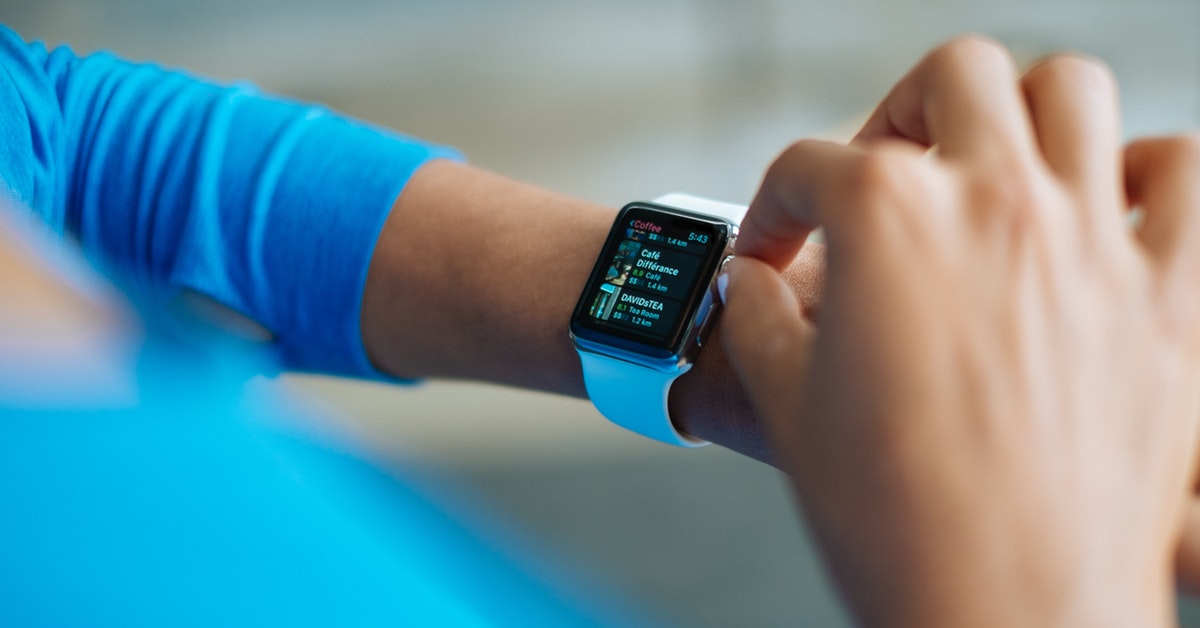Keynote sessions at day two of the 2018 CES Digital Health Summit drew large audiences on the topic of digital therapeutics, sometimes casually known as “software as drugs.” Dr. Deborah Kilpatrick from Evidation Health took to the stage to break down the different lifestyle factors (e.g. diet, heart rate, stress) that help researchers measure clinical patient outcomes. One of the most important findings from Dr. Kilpatrick and her team was how most patients and their medical outcomes have been characterized for treatment and medication using limited, “visible-to-the-system” information that is typically episodic, such as sneezing and congestion being linked to the common cold.
An exciting trend in digital therapeutics is focusing clinical analysis on more of the “invisible” types of patient information sources, such as anxiety and sleep patterns, to ask and answer different questions about human health. This new approach will likely be challenging. Expanding clinical patient analysis to include these additional data points could make it difficult for medical teams to track this kind of high-volume, multi-sourced information. However, Dr. Kilpatrick says the benefits of this new method outweigh the roadblocks, since it will likely help deliver earlier diagnosis of patients’ medical issues and drive clearer measurement of positive clinical outcomes.
Stay tuned for an in-depth wrap up of ACAP Health’s two-day exploration of the 2018 CES Digital Health Summit next week.




